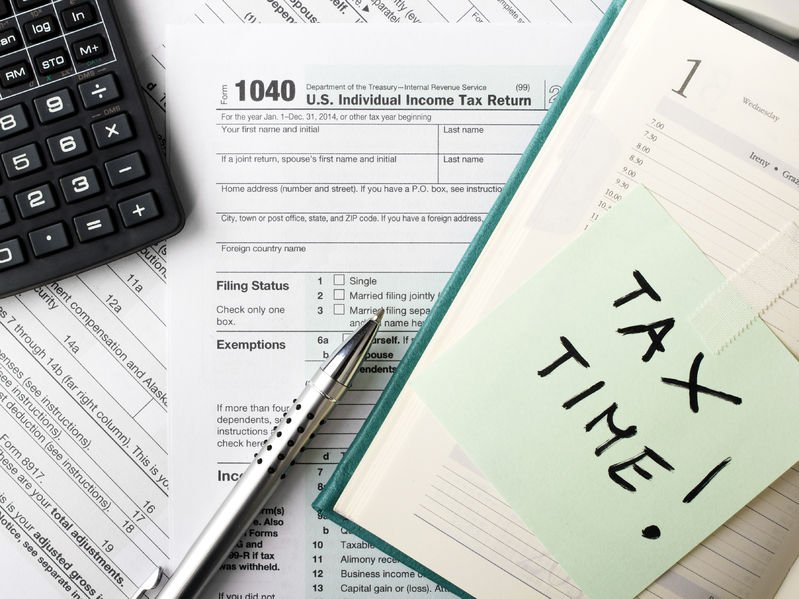Complete 2017 Tax Calendar With Extension Dates & Changes From 2016
If you’re a business owner, it’s time to start thinking ahead to the tax filing deadlines in 2017. There are a few changes to be aware of in 2017, thanks to tax legislation enacted at the end of last year. The American Institute of CPAs (AICPA) had been advocating for changes to various tax return dates for several years, arguing that due dates were making itdifficult to file timely, accurate returns for certain corporate filings. According to the AICPA, entities – and their accountants - that need to file Schedules K-1 (investment information) will benefit the most from the changes.The most important changes though are some of the due dates for filing. Some of them have been moved up by a month or more. Read on to see which dates have changed, and the details on what that means for filing certain forms. If you're looking for more information on getting help filing your tax forms, you may want to read our article on small business tax software and service options.
Tax filing deadlines effective for the 2017 Filing Season:
January 31:
- Form W2
- Employers previously needed to provide employee copies of W-2 forms by January 31, but had until February 28 for paper filing or March 31 for e-filing. But beginning with 2016 forms, all filing, both paper and e-filing, will have to be complete by January 31.
- Form 1099-Misc
- For reporting non-employee compensation in Box 7, which applies to most who receive 1099-Misc forms. This is a change from prior years, when it was possible to file by paper by February 28 or e-file by March 31.
March 15
- Form 1065, S. Return of Partnership Income (or extension pushing due date to Sept. 15)
- Form 1120S, S. Income Tax Return for an S Corporation. This impacts businesses that are either established as corporations or LLCs; the S Corp designation means that a corporation’s or LLC’s profits and losses pass through shareholders’ personal tax returns, so that the business itself is not taxed (or extension pushing due date to Sept. 15)
April 15
- Form 1040, U.S. Individual Income Tax Return (or extension pushing due date to Oct. 15)
- Form 1041, U.S. Income Tax Return for Estates and Trusts (or extension pushing due date to Sept. 30)
- Form 1120, U.S. Corporation Income Tax Return (or extension pushing due date to Sept. 15 until 2026)
- FinCEN Form 114, Report of Foreign Bank and Financial Accounts (FBAR) (any late filing penalty for a first-time filer may be waived).
May 15
- Form 990, Return of Organization Exempt From Income Tax (or extension pushing due date to Nov. 15)
July 31
- Form 5500 for employee benefit plans (or extension pushing due date to 15)
Extension Dates:
Sept. 15:
- Form 1065, S. Return of Partnership Income
- Form 1120S, S. Income Tax Return for an S Corporation
- Form 1120, S. Corporation Income Tax Return(extensions until Sept. 15 until 2026)
Sept. 30:
- Form 1041, S. Income Tax Return for Estates and Trusts
Oct. 15:
- Form 1040, S. Individual Income Tax Return
- Form 5500 for employee benefit plans
Nov. 15:
- Form 990, Return of Organization Exempt From Income Tax

